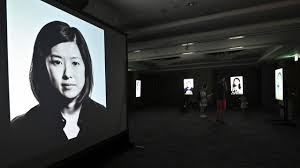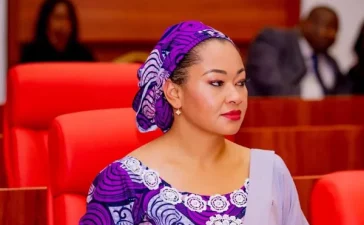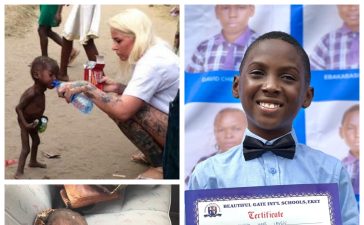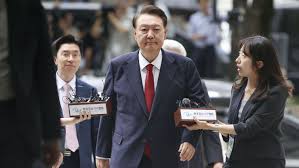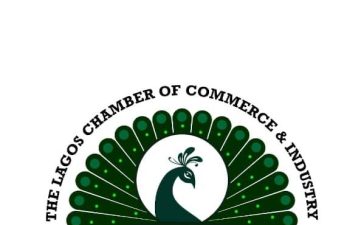South Korea has unveiled a newly restructured public adoption system, shifting full responsibility for child adoptions from private agencies to the state and local governments — a landmark move following damning findings by a government-backed truth commission earlier this year.
Between 1955 and 1999, more than 140,000 South Korean children were sent overseas for adoption. However, the Truth and Reconciliation Commission found that many of these adoptions were marred by fraudulent practices, including falsified orphan registrations, identity tampering, and poor vetting of adoptive families abroad.
“The rights of South Korean children were violated,” the commission said, concluding that the adoption system had become a profit-driven industry due to the state’s failure to regulate fees and oversee procedures.
South Korea’s Ministry of Health and Welfare, which announced the changes ahead of the new law taking effect Saturday, said the reform marks a “significant step towards ensuring the safety and promoting the rights of adopted children.”
Key reforms include the formation of a ministry-level committee to handle prospective parent assessments, child matching, and all adoption approvals — functions that were previously managed with minimal oversight by private adoption agencies.
“With this restructuring of the public adoption system, the state now takes full responsibility for ensuring the safety and rights of all adopted children,” said Kim Sang-hee, Director of Population and Child Policy at the Ministry.
The international adoption practice, which expanded rapidly from the 1970s to 1980s, initially began after the Korean War to remove mixed-race children born to Korean women and American soldiers, in a society steeped in ethnic homogeneity. Over time, it grew into a lucrative enterprise.
The commission described the period as a “shameful part” of South Korea’s history, with cases of children sent abroad without proper legal consent from birth parents.
Adoptee and writer Lisa Wool-Rim Sjoblom, who grew up in Sweden, welcomed the reform but called it insufficient:
“While I think it’s high time that Korea close down all private adoption agencies, I don’t believe… having the state handle new adoptions is enough.”
She urged the government to go further by implementing the commission’s full recommendations, issuing an official apology, and providing reparations to the tens of thousands affected.
“The government urgently needs to acknowledge all the human rights violations it enabled, encouraged, and systematically participated in.”

